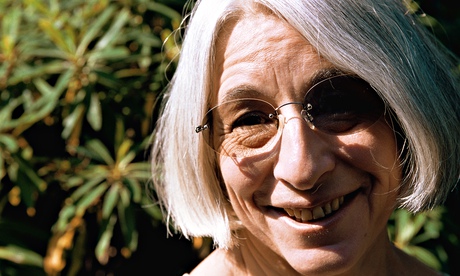
The force of Jenny Diski’s personality, and the penetration of her mind, are as vivid as anything in contemporary journalism. Through her work, I feel we have been talking for years. Now, she tells us in the London Review of Books, she has an inoperable cancer.
Although her persona is that of a hopelessly shy and disorganised person, whose thoughts are piled together like the sticks in a rook’s nest which somehow make a coherent and functioning whole despite sticking out madly in every direction, her essay about the diagnosis has the restraint and unexpectedness ofthe best 18th century prose.
There was, in the 18th century, a certain fashion for turning death into a didactic piece of theatre. The essayist Joseph Addison summoned a dissolute relative when he was dying and told him, according to Samuel Johnson, “I have sent for you, Sir, that you may see how a Christian may die”. Fifty years later, David Hume put on a display of calm resignation for James Boswell to show, one might suppose, how well an atheist may die.
Diski does neither calm nor resignation; she certainly doesn’t do theology. Instead there is a precise unsparing observation that remakes the world as strange and much more wonderful than we normally, inattentively suppose. It is a study of a self-conscious person’s reaction to the news that their self will be extinguished, and this is in a large part embarrassment at the prospect of yet another public performance, a writerly kind of shame at having to cope with so unoriginal a subject.
There is a style of autobiography that works by eliminating the central figure, and showing only the world around the writer, as it appears to them. You come to sense their personality as you sense your own. This is the form she has mastered. It is uniquely suited to the task of showing what it is death takes away. She deserves our unfeigned admiration, not for her bravery or her struggle, or any irrelevant tosh like that, but for writing so well.

